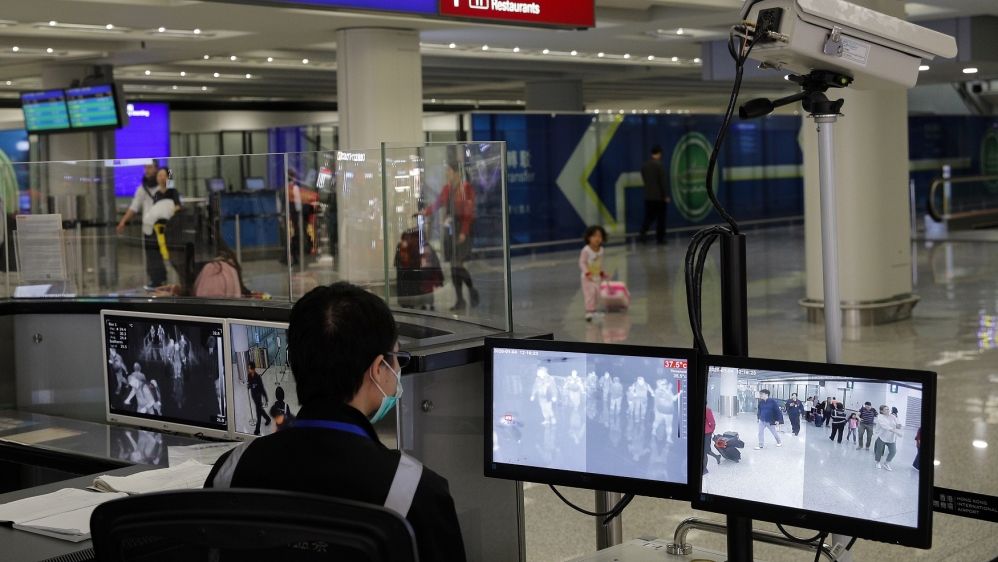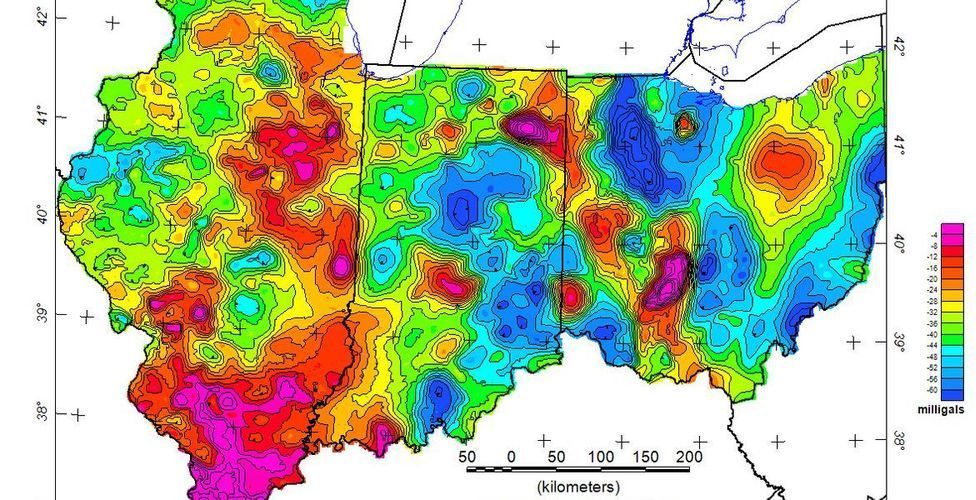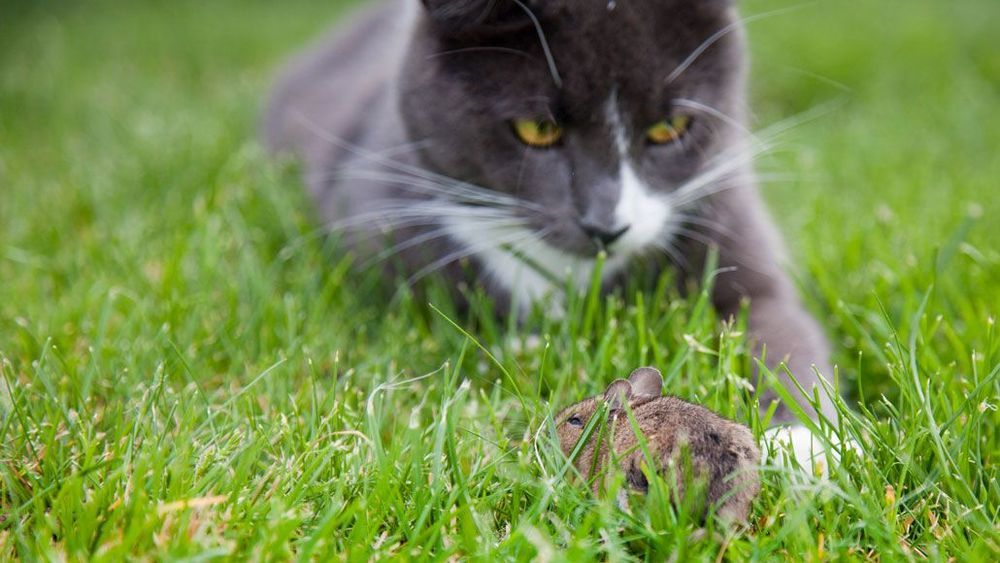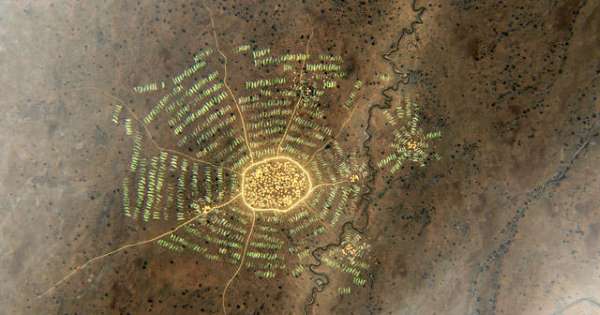:-o.
The 256-foot boat doubles as a submarine capable of diving to depths of 985 feet for 10 days at a time.


We’re at a fascinating point in the discourse around artificial intelligence (AI) and all things “smart”. At one level, we may be reaching “peak hype”, with breathless claims and counter claims about potential society impacts of disruptive technologies. Everywhere we look, there’s earnest discussion of AI and its exponentially advancing sisters – blockchain, sensors, the Internet of Things (IoT), big data, cloud computing, 3D / 4D printing, and hyperconnectivity. At another level, for many, it is worrying to hear politicians and business leaders talking with confidence about the transformative potential and societal benefits of these technologies in application ranging from smart homes and cities to intelligent energy and transport infrastructures.
Why the concern? Well, these same leaders seem helpless to deal with any kind of adverse weather incident, ground 70,000 passengers worldwide with no communication because someone flicked the wrong switch, and rush between Brexit crisis meetings while pretending they have a coherent strategy. Hence, there’s growing concern that we’ll see genuine stupidity in the choices made about how we deploy ever more powerful smart technologies across our infrastructure for society’s benefit. So, what intelligent choices could ensure that intelligent tools genuinely serve humanity’s best future interests.
Firstly, we are becoming a



“For me, the key to longevity – and immortality, in a sense – has to do with transformation.”–Marilyn Manson.




Old U.S. spy satellite images of the Middle East have unearthed a stunning discovery: the world’s first city, Tell Brak – 4,000 years older than the Great Pyramids. From the Series: The Life of Earth: The Age of Humans http://bit.ly/32oNmi8